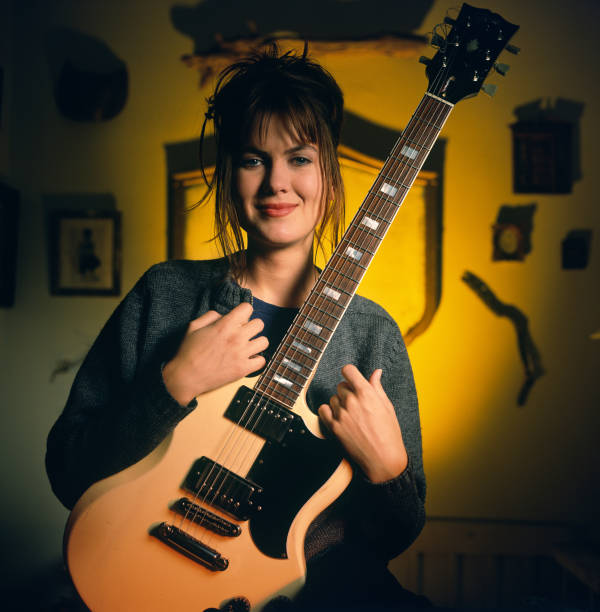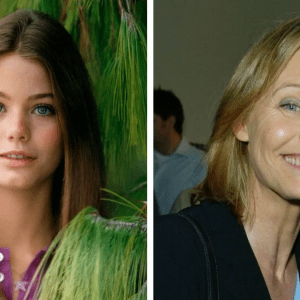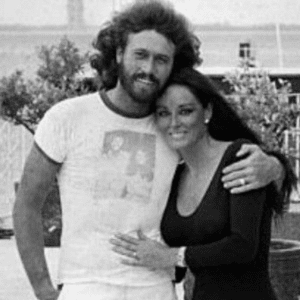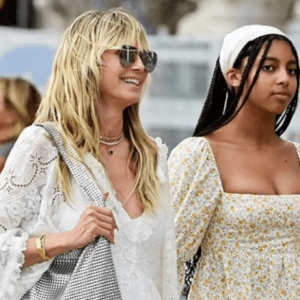
Juliana Hatfield has consistently proven herself as one of the most compelling voices in indie rock. Known for her deeply personal lyrics, distinctive voice, and genre-defying career, Hatfield has captivated audiences for decades. From her early days with the band Blake Babies to her enduring solo success, Hatfield’s story is one of resilience, creativity, and authenticity.
Born on July 27, 1967, in Wiscasset, Maine, Juliana Hatfield grew up in a household that valued creativity and expression. Her mother was a vocalist, and her father was a doctor, fostering an environment where both intellect and artistry were celebrated. Influenced by artists like The Rolling Stones, Lou Reed, and Patti Smith, Hatfield developed an early love for music.
As a teenager, she was drawn to punk rock and began learning guitar, inspired by its raw energy and emotional depth. After high school, Hatfield attended Berklee College of Music in Boston, where she further honed her skills and immersed herself in the local music scene. However, academia couldn’t contain her ambition, and she left to pursue a career in indie rock.
In 1986, Hatfield co-founded Blake Babies with John Strohm and Freda Love. The band quickly gained traction in Boston’s thriving alternative rock scene, thanks to their catchy melodies and introspective lyrics. Hatfield’s distinctive voice became the centerpiece of their sound.
Blake Babies released several albums, including Nicely, Nicely (1987) and Sunburn (1990). Tracks like “Out There” highlighted their ability to blend raw emotion with vibrant melodies. Despite their growing fanbase, the band disbanded in 1991, setting Hatfield on her solo journey.
Hatfield launched her solo career with Hey Babe in 1992. The album was a critical and commercial success, featuring tracks like “Forever Baby” and “Everybody Loves Me But You.” It established her as a rising star in the alternative rock world, blending heartfelt lyrics with infectious melodies.

Her success continued with the formation of The Juliana Hatfield Three. Their 1993 album, Become What You Are, included the hit single “My Sister,” which became a modern rock anthem. The album’s relatable themes and energetic sound brought her mainstream attention, cementing her reputation as a voice for the alternative generation.
Hatfield’s 1995 release, Only Everything, marked a bold departure into a grungier, punk-infused sound. Tracks like “Universal Heart-Beat” showcased her willingness to evolve creatively. Throughout the late 1990s and early 2000s, Hatfield continued to explore diverse themes in albums like Beautiful Creature (2000) and In Exile Deo (2004), demonstrating her artistic depth.
Hatfield reunited with Blake Babies in 2001 for God Bless The Blake Babies, rekindling their signature chemistry. She also collaborated with artists like The Lemonheads, broadening her artistic horizons.

In 2013, she teamed up with Matthew Caws of Nada Surf to form Minor Alps. Their album, Get There, highlighted her ability to merge styles and collaborate effectively.


In recent years, Hatfield has continued to release acclaimed music, including Pussycat (2017), a politically charged record. Her tribute albums, such as Juliana Hatfield Sings Olivia Newton-John (2018) and Juliana Hatfield Sings The Police (2019), demonstrate her versatility and respect for musical legends.
Juliana Hatfield’s journey reflects her unwavering commitment to authenticity and creativity. As a pioneer of indie rock, she has influenced countless artists and continues to captivate audiences with her evolving sound. Her legacy as a trailblazer and voice of her generation remains secure.


